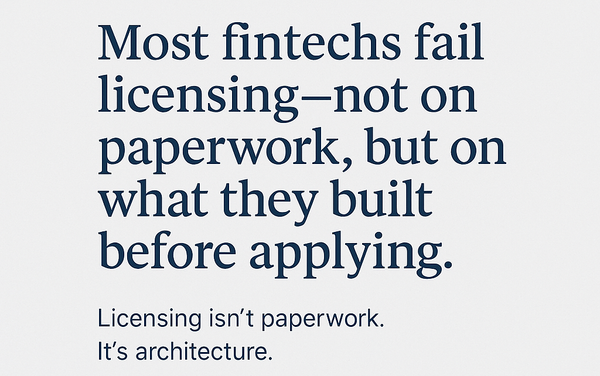Sustainable Finance and Green Fintech: Driving Environmental Impact

In light of the rising challenges, there is a growing need for investment opportunities that prioritize sustainability and social responsibility. The fintech sector holds a position to make contributions to environmental conservation by integrating sustainable practices into financial services. This article delves into the fusion of finance and green fintech shedding light on how fintech firms are incorporating ESG (Environmental, Social, and Governance) standards into their products the increasing popularity of green bonds, and the role of digital platforms in advancing sustainable investments.
Why It’s Trending
finance is on a trajectory as investors, consumers, and regulators advocate for financial solutions that address environmental issues. With its cutting-edge technologies and adaptable platforms the fintech industry is well equipped to spearhead this transition towards friendly financial approaches. Here are some primary factors driving the trends in finance and green fintech;
- Consumer Awareness: There is a growing recognition among consumers regarding how their investments can impact the environment. Millennials and Generation Z individuals are particularly focused on incorporating sustainability into their choices.
- Influence: Governments and regulatory bodies are increasingly emphasizing transparency and sustainability in disclosures. Initiatives like the Finance Disclosure Regulation (SFDR), by the European Union aim to improve disclosures related to sustainability aspects.
- Technological Advancements: Advancements, in technology such as blockchain, artificial intelligence (AI) and big data empower fintech companies to create solutions that promote finance.
Integration of ESG Criteria
Fintech firms are integrating Social and Governance (ESG) criteria into their services to meet the rising demand for finance. ESG criteria evaluate a companys impact, stakeholder relationships and governance practices. Below are some real world instances of how fintech companiesre utilizing ESG;
Automated Financial Advisors
Automated financial advisors like Betterment and Wealthfront're including ESG criteria in their investment strategies. These platforms enable investors to build portfolios that reflect their values by excluding businesses involved in harmful activities.
Environmentally Friendly Investment Platforms
Platforms such as OpenInvest and Swell Investing concentrate on investments. OpenInvest allows users to customize their portfolios based on ESG criteria like energy or gender equality. Swell Investing provides made portfolios that endorse sectors like water and green technology.
The Emergence of Green Bonds
Green bonds are instruments specifically designed to raise capital for beneficial projects. The green bond market has expanded significantly indicating the growing interest, in finance.
Market Expansion
The Climate Bonds Initiative reported that the global green bond market surpassed $1 trillion in issuance by the end of 2020. This growth is fueled by both government and corporate entities seeking to finance projects.
Real-World Examples
Apples Green Bond Initiatives: Apple has utilized bonds to support renewable energy ventures and enhance energy efficiency within its supply chain. As of 2020 Apple had issued bonds $2.5 billion.
World Banks Green Bonds: The World Bank has been, at the forefront of issuing bonds raising capital for initiatives focused on combating climate change and fostering development.
Digital Platforms Promoting Eco-Friendly Investments
Digital platforms are playing a role in encouraging investments that prioritize sustainability offering transparency, accessibility and educational resources for investors.
Utilization of Blockchain Technology
Blockchain technology is revolutionizing the transparency and accountability of investments. Platforms like Everledger leverage blockchain to monitor the origins of diamonds ensuring they are ethically sourced. This application can be expanded to sectors like agriculture and manufacturing.
Crowdfunding Platforms
Platforms such, as Trine and Abundance Investment empower individuals to invest in energy projects.
Trine links up investors with energy projects, in developing countries while Abundance Investment focuses on wind and solar farms within the UK.
Data and Analytics
Fintech firms are using data and AI to assess the ESG performance of companies and offer insights to investors. MSCI ESG Ratings and Sustainalytics provide ESG ratings to assist investors in making choices.
Conclusion
Finance and green fintech go beyond trends—they signify a significant shift in our approach to financial services. By incorporating ESG standards advocating for bonds and utilizing platforms fintech companies are driving substantial environmental outcomes. With increasing consumer demand for sustainability and growing regulatory pressures the role of fintech in fostering a friendly financial ecosystem will become increasingly crucial.
Investing in finance not benefits the planet but also opens up avenues, for financial growth and innovation. The future of finance is heading towards sustainability with fintech leading the charge.





